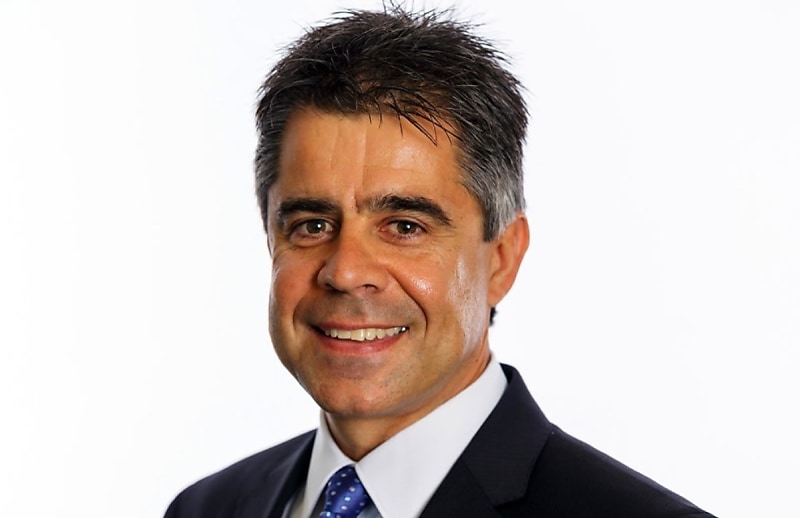Farmers and small business owners with land or business premises owned by their SMSF will be the biggest losers from the $3 million super tax, the SMSF Association (SMSFA) says.
CEO Peter Burgess said its research showed these two “important business communities” were most likely to be adversely affected by the proposed legislation thanks to its tax on unrealised capital gains.
In its submission on the Division 296 measure, which adds an extra 15 per cent tax on total super balances (TSBs) above $3 million, the SMSFA outlined examples that resulted in “overtaxation” and said individuals would struggle to pay the tax if the bulk of their super assets were illiquid.
“It has the potential to impose significant financial stress on individuals,” Mr Burgess said. “Certainly, this is how it will play out in the SMSF sector, with many small business operators and farmers expected to bear the brunt of the Division 296 tax.”
Its submission said: “Recent studies show a substantial number of SMSFs that will be affected by this tax change hold property and, given many will be small business operators and farmers who hold their premises and land in an SMSF, it is not difficult to see how disruptive this new measure will be not only for the SMSF sector but for small business operators and the broader community.”
The SMSFA denied liquidity stress caused by the measure would be the result of a poorly formulated investment strategy.
“In our view, it is completely unreasonable to expect trustees to envisage future tax changes when formulating the fund’s investment strategy – particularly of the magnitude of the Division 296 tax,” it said.
Its submission said the proposed measures “will add further complexity, red tape, cost, and unintended outcomes to what is an already complex superannuation legislative framework”.
“These unintended consequences are exactly the reasons why we don’t tax unrealised capital gains, and why no other country in the world taxes unrealised capital gains – it involves taxing individuals on funds they haven’t received or may never receive,” Mr Burgess said.
Among unintended consequences of the measure was a failure to “claw back” super tax concessions for individuals with very large super balances – a primary driver behind Division 296 – where a TSB falls.
It cited an example where someone with a TSB of $20 million at the start of the year earned $2 million taxed at 15 per cent. If the TSB fell by $2 million by year end, its Division 296 liability would be nil despite the large balance and significant earnings.
“To ensure this measure achieves its stated objectives, while still being fair and equitable in its application across the entire superannuation sector, it is imperative that the measure of ‘earnings’ mirrors, as closely as possible, the traditional measure of taxable earnings.”
It said the proposed changes to super tax were sufficiently significant and complex to require a detailed review and a longer consultation period.
The SMSFA urged the government to put the proposed bill on hold to engage further with stakeholders.
 Login
Login








You are not authorised to post comments.
Comments will undergo moderation before they get published.